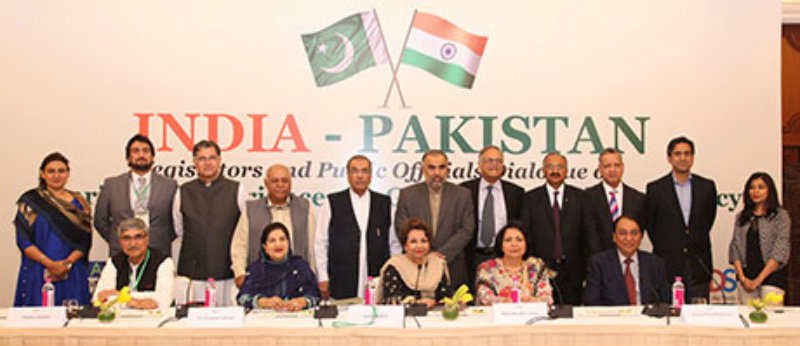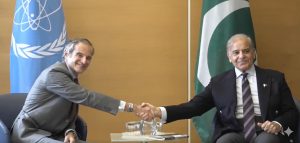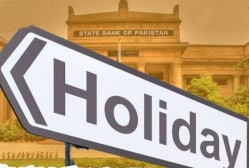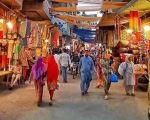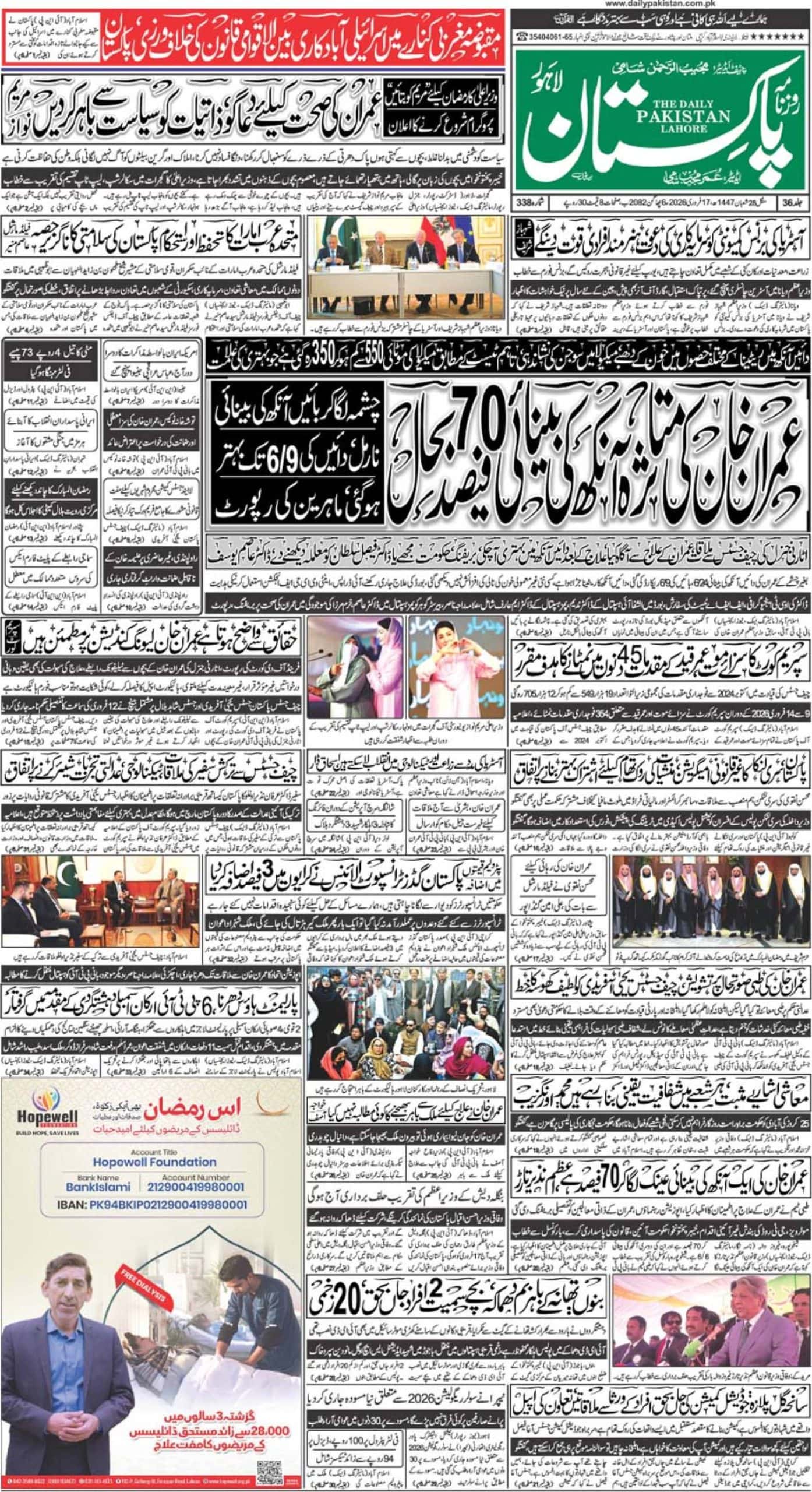LAHORE (PR) – The second meeting of the third round of Pakistan-India legislators and public officials dialogue on sharing of experiences on governance and democracy was held at the Centre for Research in Rural and Industrial Development (CRRID) in Chandigarh.
The Dialogue brought together members of parliament and state/provincial legislatures from Pakistan and India, practitioners and subject-experts from the two countries who raised key issues and reform ideas covering both themes. At the outset, participants appreciated the facilitation of the dialogue to allow sharing of perspectives on common issues. The opportunity for interaction in a phase in which the two governments have not yet resumed the secretaries-level dialogue, made this all the more important.
All participants extolled the valuable role of Mr. Mani Shankar Aiyar, MP, Rajya Sabha, in promoting dialogue and peace between India and Pakistan through the on-going process, and in his diverse and distinguished capacities as a diplomat, a veteran parliamentarian, a public intellectual and a broadcaster.
Dialogue participants also welcomed the recent high-level sharing of intelligence information by Pakistan with India to alert the Indian government against potential terrorist activities. They hoped that this becomes the first of a series of confidence-building measures to build trust and goodwill, and eliminating terrorism.
Participants lauded the efforts of PILDAT, in partnership with Lokniti-CSDS, in facilitating the exchange of good practices and stressed that the exchange must be continued and broadened to include more areas of governance and democracy.
Participants acknowledged, at the outset, that news media’s growth has become exponential and that media are one of the several vital determinant factors in shaping bilateral relations between Pakistan and India. While it was recognised that the news media have to shine a spotlight on reality, the requirements of objective and professional reporting should uphold the core values and cardinal principles of journalism.
Members emphasised that while all media in both countries cannot be painted with the same brush, there is a tendency in a few to be shrill and even jingoistic. This is deplorable and has to be addressed.
Participants underscored that both news media and academic centres focusing on media studies should be encouraged to conduct sustained research on portrayal of the other country by the news media in each country and that research findings should be published and broadcast to inform the public.
It was noted with regret that, often, fringe elements are wrongly given more space than warranted in the media of the two countries. More often than not, news media’s unquestioning reflection of their own Government’s foreign and defence policies stance hampers the expression of independent perspectives.
Lack of access for media to locations in the other country and obstacles in obtaining visas for journalists of both countries were highlighted as key issues hampering an informed portrayal of each country. Participants urged both India and Pakistan to put in place policies ensuring ease of access, travel and reporting by journalists from both countries. Specific proposals included visa-free access without city restrictions and for setting up of media lounges at Pakistan-India border posts to facilitate regular interaction and engagement between Pakistani and Indian media representatives without the need to obtain visas.
Lamenting the negligible progress on agreed codes of conduct for South Asian media despite the lapse of two decades, experts underscored the centrality of initiation and sustaining of regular media dialogue between Pakistan and India, involving, among others, media associations of the two countries. Such a dialogue’s pre-set objective should be to develop a Joint Code of Conduct on reporting about the two countries, starting from refraining to refer to the other as the “enemy” State. In this regard, suggestions were also made to eliminate the element of aggressive postures from the daily parade at the Wahga-Attari border.
Indian and Pakistani participants highlighted that the phenomenal growth in new digital media has enormous positive potential for engagement between Pakistani and Indian citizens and may actually make many existing restrictions redundant.
The two sides agreed that joint initiatives are needed in both conventional mainstream media and social media by individuals and enterprises of the two countries to promote an entirely new collaborative, cooperative mindset both within the media and among media audiences in the two countries. This new shared approach to reporting the news and making comments could engender an unprecedented improvement in mutual perceptions and bilateral relations. In this regard, it was suggested that the prospects of a jointly owned India-Pakistan TV channel, possibly located in Dubai, might be further pursued

